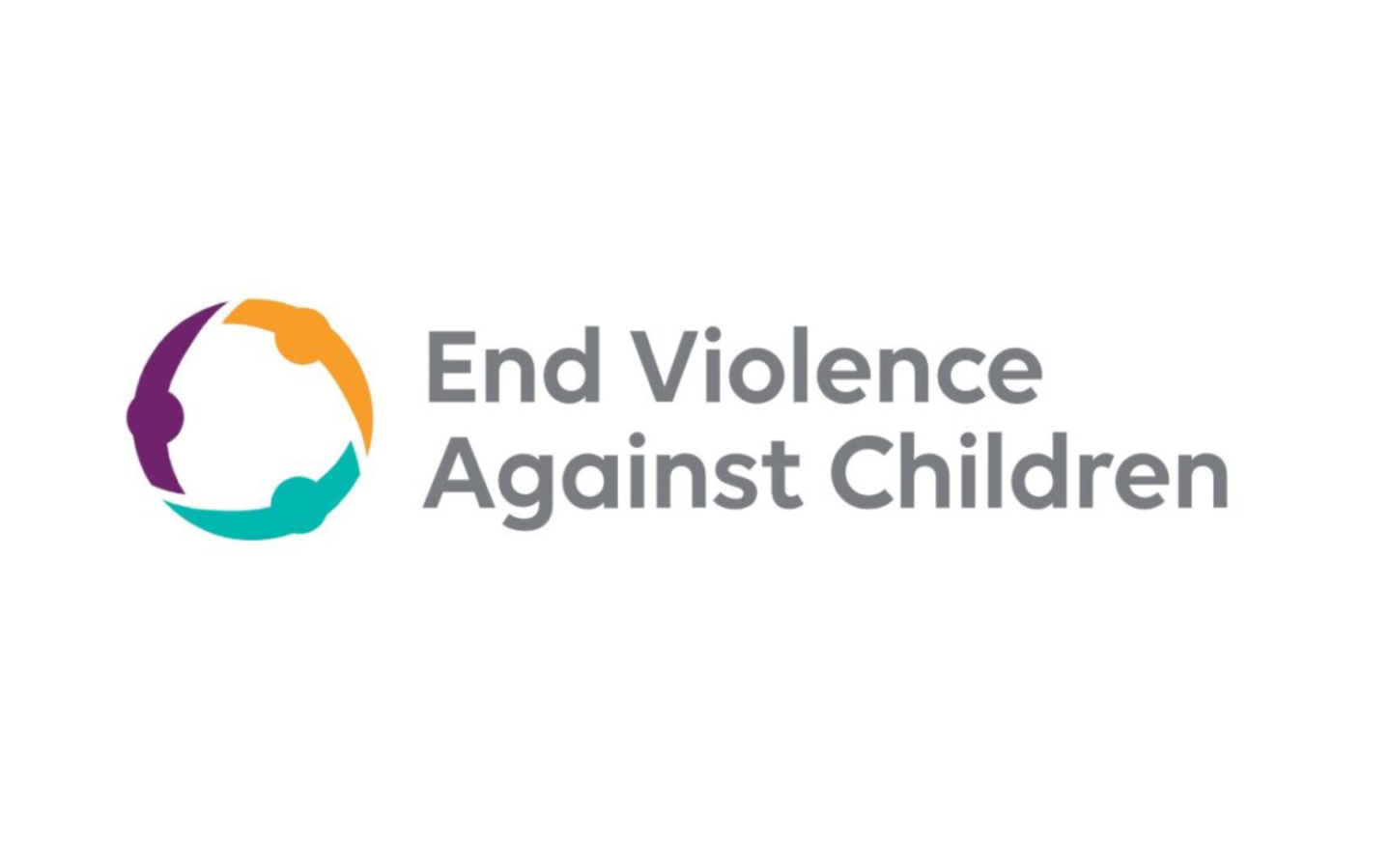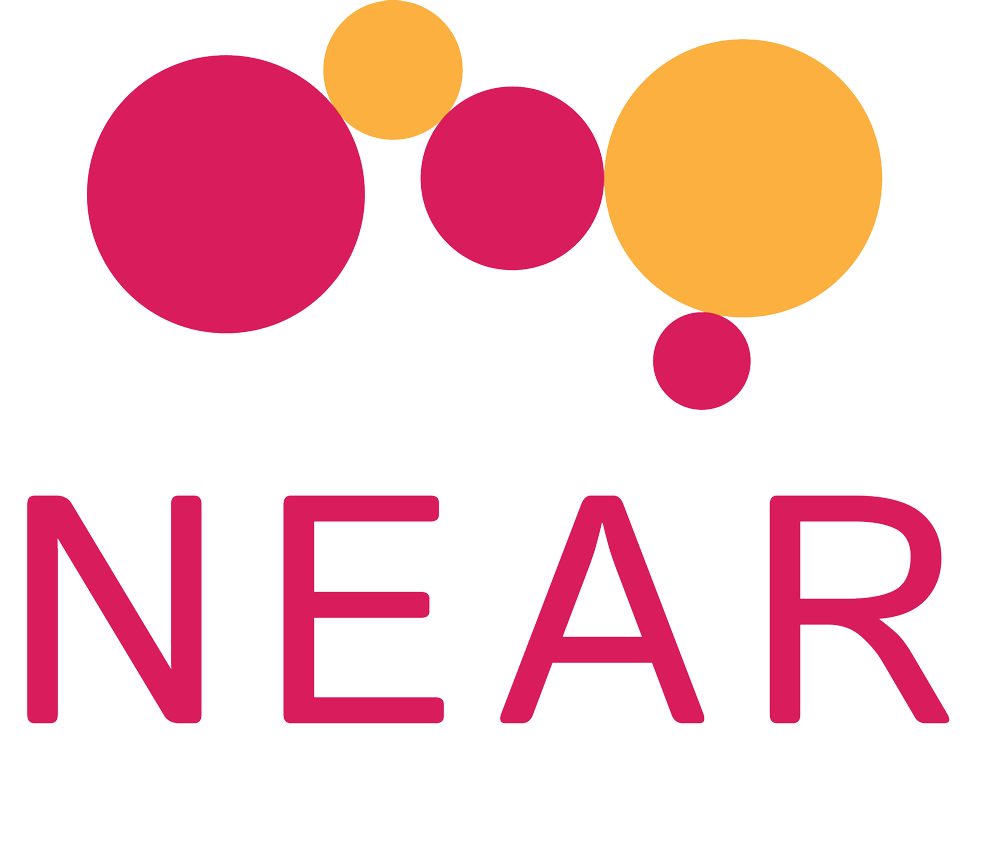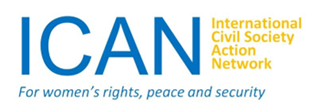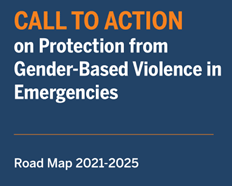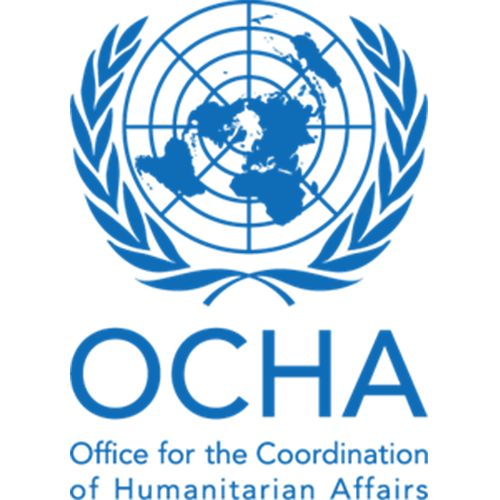
[vc_row][vc_column][vc_column_text]
[/vc_column_text][/vc_column][/vc_row][vc_row][vc_column][vc_column_text css_animation=”none”]
DONORS AND PARTNERS
We engage in partnerships to strengthen the impact of our programming. Partnerships can enhance both local capacity and our own and offer options for broader integrated responses and sustainable programme and protection approaches. We aim to achieve greater equality between HRO and our local partners in terms of responsibility for joint programme design, implementation and monitoring. Working with the right partners can contribute to achieving durable solutions, and to prepare our eventual exit from an operation. HRO partners with a broad range of local and global actors to improve programme effectiveness, strengthen outcomes and increase access. Coordinated programme approaches through consortia – when we partner with one or several organizations to achieve a common goal – are an important mechanism for delivery of humanitarian assistance.
We engage actively in strategic consortia, seeking leadership roles when appropriate.
HRO is believing in three overarching principles important for partnership to be able to work with partners. Practicing these principles provides a firm foundation upon which to build effective partnerships. All partnerships develop in service of helping to support the communities, not to partner for partnership’s sake.
1. Equity – all partners have valuable resources and expertise, as well as risks and benefits that lead to a complementary purpose and respect.
2 . Transparency – A crucial factor to developing trust, a positive environment to collaborate and ensuring decisions are made in a socially responsible way.
3. Mutual benefit – including commitment to other partners as well as to the shared partnership, leading to deeper engagement. Additionally, a number of operational principles contribute to effective working relationships among partners.
4. Communities are the primary stakeholders – Their opinions and contributions matter and must be part of any interventions we conduct in their communities.
5. Non-discrimination – Assistance should be targeted for those in need regardless of race, religion, gender, political affiliation, ethnicity, or ability.
6. Fiscal responsibility – We have a responsibility to ensure funds are spent wisely and accountably both to our donors and to the communities we serve.
7. Consistent communication – We will work to maintain an open and professional relationship with each other. When problems or differences of opinion arise, we will jointly work to solve these harmoniously and come to a mutual agreement of the best solution.
8. Coordination – In order to avoid duplication and inefficient use of resources while maximizing opportunities and effectiveness, partners commit to regular sharing of information from relevant programs and the context. This includes with each other and where possible and applicable with others working in the area.
9. Learning – Partners acknowledge that each has different experiences and by learning from each other we can enrich our organizations and the people we aim to serve. Additionally, in identifying shared interests and pursuing joint learning we build our relationship and the capacity.
10. Monitoring and Evaluation – Understanding the impact of joint work is an essential part of program development and design during which learn from the success and challenges organizations have in the field. We also agree to establish and maintain a transparent monitoring system and our partners.
[/vc_column_text][/vc_column][/vc_row]



